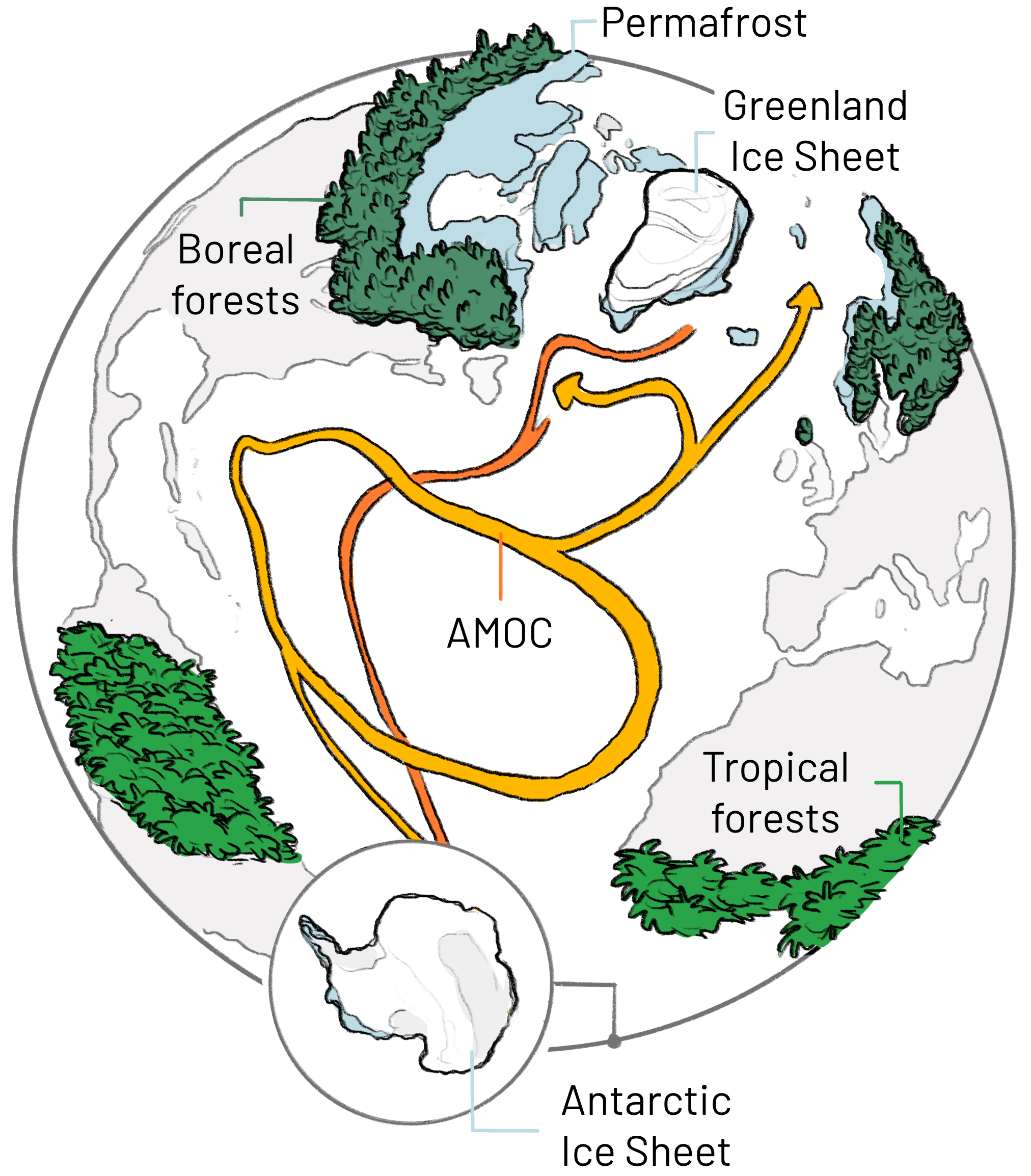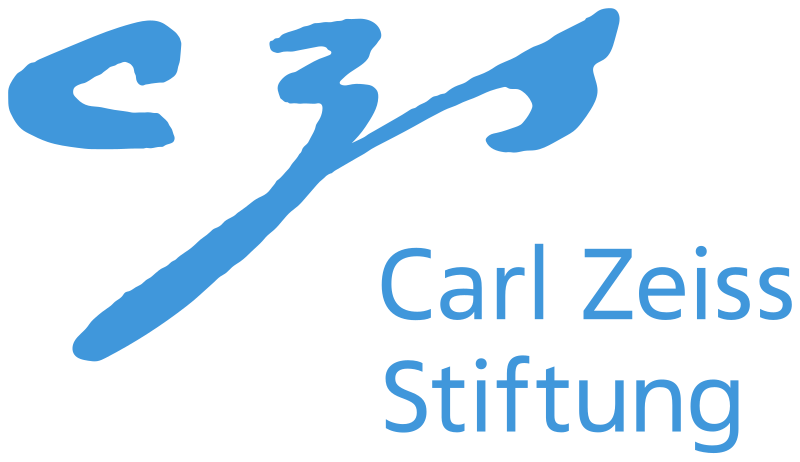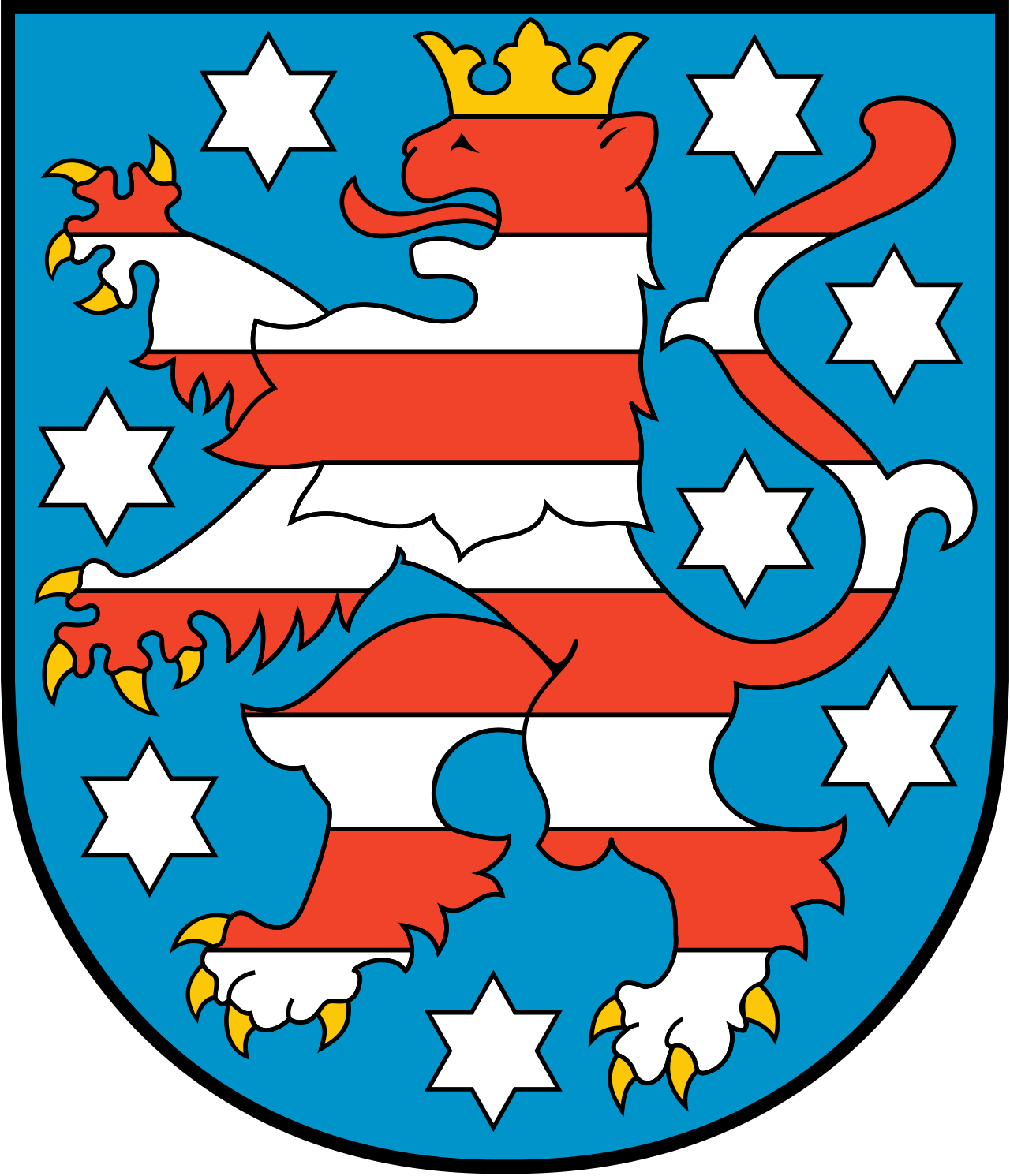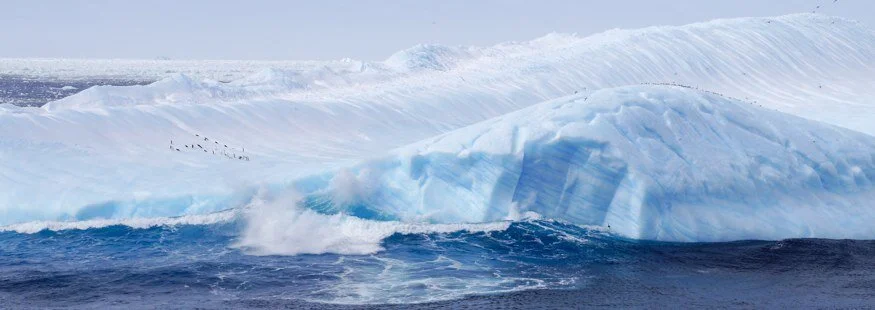Current Projects
INITIATOR AND SCIENCE LEAD of Tipping point modelling intercomparison project (TIPMIP)
TIPMIP aims to systematically advance our understanding of tipping dynamics in various Earth system components. It fills critical knowledge gaps in Earth system and climate modeling by improving the assessment of overall anthropogenic forcing and long-term commitments (irreversibilities). It will furthermore foster interdisciplinary knowledge transfer and shed light on critical processes currently underrepresented in Earth-system models and analysis.
Overarching research questions:
What is the risk of crossing individual tipping points in the cryosphere, biosphere and core circulation systems at different levels of ongoing climate and land-use change?
What are the key biophysical processes and feedbacks associated with tipping elements?
What are the characteristics (spatial and time scales, abrupt or gradual, etc.) of the individual tipping elements?
What are the respective changes reversible, and if so, on which timescales?
Which are the most critical biophysical feedbacks involved in crossing different tipping points, and between elements affecting the overall stability of the Earth system?
What are the quantitative uncertainties in our assessment of thresholds of tipping points corresponding to various tipping elements and the feedback strengths?
co-LEAD of earth resilience science unit (ERSU)
Gulf of Mexico, United States (c) NASA / Unsplash
The Earth Resilience Science Unit (ERSU) serves as a bridge group between the Potsdam Institute for Climate Impact Research (PIK) and the Max Planck Institute of Geoanthropology (MPI-GEA), and aims to develop a framework to characterize the resilience of the Earth System in the Anthropocene, exploring stability landscapes of critical geophysical, ecological and societal components, which are only fragmentarily known so far.
Themes:
CARL-Zeiss research groups
Two working groups: Co-evolutionary modeling and Tipping points risks
Funded by Carl-Zeiss-foundation
Econ-EX: The transformation of the global economy under extreme weather stress
Big Fall Creek Road, Lowell, United States (c) Unsplash
PalMod – Paleo Modelling German paleo climate modelling initiative
PalMod is a modeling project aiming at understanding the spectrum of climate variability from the last interglacial, through the last glacial to the present and at projecting the climate of the next millennia with comprehensive Earth system models under different scenarios.
Find out more about PalMod here.
Co-developer of PISM since 2010 with special focus on ice-ocean interaction
Core developer of the Potsdam Ice shelf Cavity mOdel (PICO) included in PISM
Find out more about PISM here.
Former Projects
Lead of Future-Lab, together with Dr. Jonathan Donges
Overarching research questions:
What are critical thresholds for tipping elements in the Earth System? What is the risk for domino effects and tipping cascades to be triggered by human interference?
How can the resilience of the Earth System and its interacting physical, ecological and societal components under anthropogenic disruptions be defined, characterized, modelled and measured?
Find out more about the ERAlab here.
Key research objectives
Comprehensive understanding of key processes including sub-shelf melting, surface mass balance changes, iceberg calving, ice-shelf buttressing
Further development of the Parallel Ice Sheet Model (PISM) and the Ice Shelf Cavity Model (PICO)
Configuration and coupling of PISM within the Potsdam Earth Model POEM
Reconstruction / modelling of the glacial-interglacial history of the Antarctic Ice Sheet
Projections of future sea-level contributions from Greenland and Antarctica
Role of extreme events for the ice-sheet mass balance
Assessment of the long-term stability, critical thresholds and tipping dynamics of the Greenland and Antarctic ice sheets
Find out more about the ICE Group here.
Lead of WP4 (Communication, Dissemination, Exploitation and Decision Support)
Member of the Scientific Steering Committee
Find out more about TiPACCs here.
Co-Lead of WP4 (Antarctica), together with Dr. Nicolas Jourdain (CNRS-IGE)
Member of the Scientific Steering Committee
Find out more about PROTECT here.
Principal Investigator of the DominoES Project (2017 - 2021)
DominoES is a joint project by the Potsdam Institute for Climate Impact Research (PIK) and the Leibniz Institute for the Social Sciences (GESIS), funded by the Leibniz Association.
Tipping elements are components of the Earth system that could be pushed into qualitatively different states by small external perturbations, with profound environmental impacts possibly endangering the livelihoods of millions of people. There are indications for significant inter-linkages between climate tipping elements and even the potential for tipping cascades or domino effects from the climate to the social sphere. In the DominoES project, we assess these effects and their societal implications for climate tipping elements like Antarctica and Greenland, and potential social tipping processes in public opinion formation and climate policy changes.
Find out more about DominoES here.
Principal Investigator of Project C5 (2017 - 2020)
on Interaction of tipping elements in the climate system
A project within the International Research Training Group 1740
by German Research Foundation (DFG) and Fundação de Amparo à Pesquisa do Estado de São Paulo (FAPESP).
Find out more about IRTG-1740 here.
DFG-PROJECT VAST: Vulnerability of the Antarctic Ice Sheet to a changing thermocline
Principal investigator
Research grant by German Research Foundation (DFG), 2020 - today.
Part of Priority Program SPP 1158: Antarctic Research with Comparable Investigations in Arctic Sea Ice Areas
DFG-PROJECT GEOLQUEA: Glacial and erosional contributions to Late Quaternary uplift of the European Alps
Principal investigator, together with Prof. Dirk Scherler (GFZ)
Research grant by German Research Foundation (DFG), 2021 - today.
Part of Priority Program SPP 2017: Mountain Building Process in Four Dimensions (4D-MB)
DFG-PROJECT X-MELT: Impact of extreme melt events on the future mass balance of the Greenland Ice Sheet
Principal investigator
Research grant by German Research Foundation (DFG), 2019 - today.
DFG-PROJECT GIS-Tip: Rapid Ice Dynamics in Greenland
Principal investigator
Research grant by German Research Foundation (DFG), 2018 - today.
DFG-PROJECT HASH: HYSTERESIS OF THE Antarctic ice SHEET
Principal investigator
Research grant by German Research Foundation (DFG), 2018 - today.
Part of Priority Program SPP 1158: Antarctic Research with Comparable Investigations in Arctic Sea Ice Areas
DFG-PROJECT FESOM-PISM: Constraining future Antarctic ice loss with the coupled ice-ocean model
Principal investigator
Research grant by German Research Foundation (DFG), 2017 - 2020.
Part of Priority Program SPP 1158: Antarctic Research with Comparable Investigations in Arctic Sea Ice Areas














